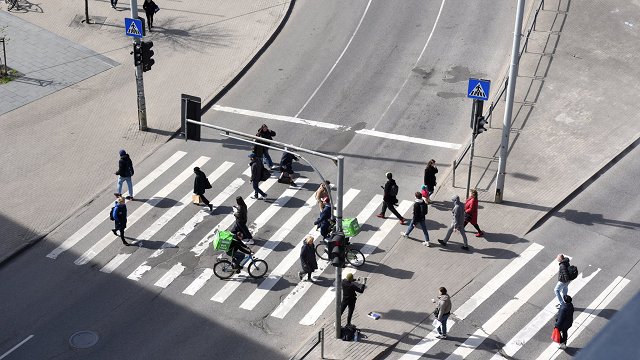The topic of paying for sick leave was raised by the Confederation of Employers of Latvia (LDDK) last autumn and later this spring.
Employers believe that they have to pay too much for sick leave. The LDDK also said that some sick leave is taken unjustifiably, as a vacation.
Therefore, the organization suggested that the number of sick days paid by employers should be reduced, so that the first three sick days would not be paid.
This idea, based on the Estonian example, was rejected by workers' advocates as well as by the Ministry of Economic Affairs.
The Ministry of Economy and the Ministry of Welfare have proposed a "compromise".
The current framework provides that employees are not paid for the first sick day. The next eight days are paid for by the employer. Day 2 and 3 is at least 75% of the regular pay, while 4 to 9 is at least 80%. If the incapacity of work goes on, the state takes over the payment.
The "compromise" proposed by the ministries stipulates that employees are not paid for the first day; on days 2 and 3, the employee is paid 60% of the salary; on days 4 to 8, 70% of the salary is paid, and from the 9th day, the State would pay 75%.
Trade unions say that this would be an unacceptable regulation in situations where the employee is really ill and cannot work. Egils Baldzēns, head of the Latvian Free Trade Union Confederation, promises not to allow this.
"This is not a compromise! Everything has been done at the expense of the workers, by reducing both compensation and social security contributions," said Baldzēns.
"The losers are, of course, also the municipalities with the reduction in personal income tax. If they push ahead with this proposal, we will react sharply and take unconventional steps, because it is quite serious to act contrary to the government's declaration and to the things on the basis of which politicians have won their mandates," Baldzēns said.




























